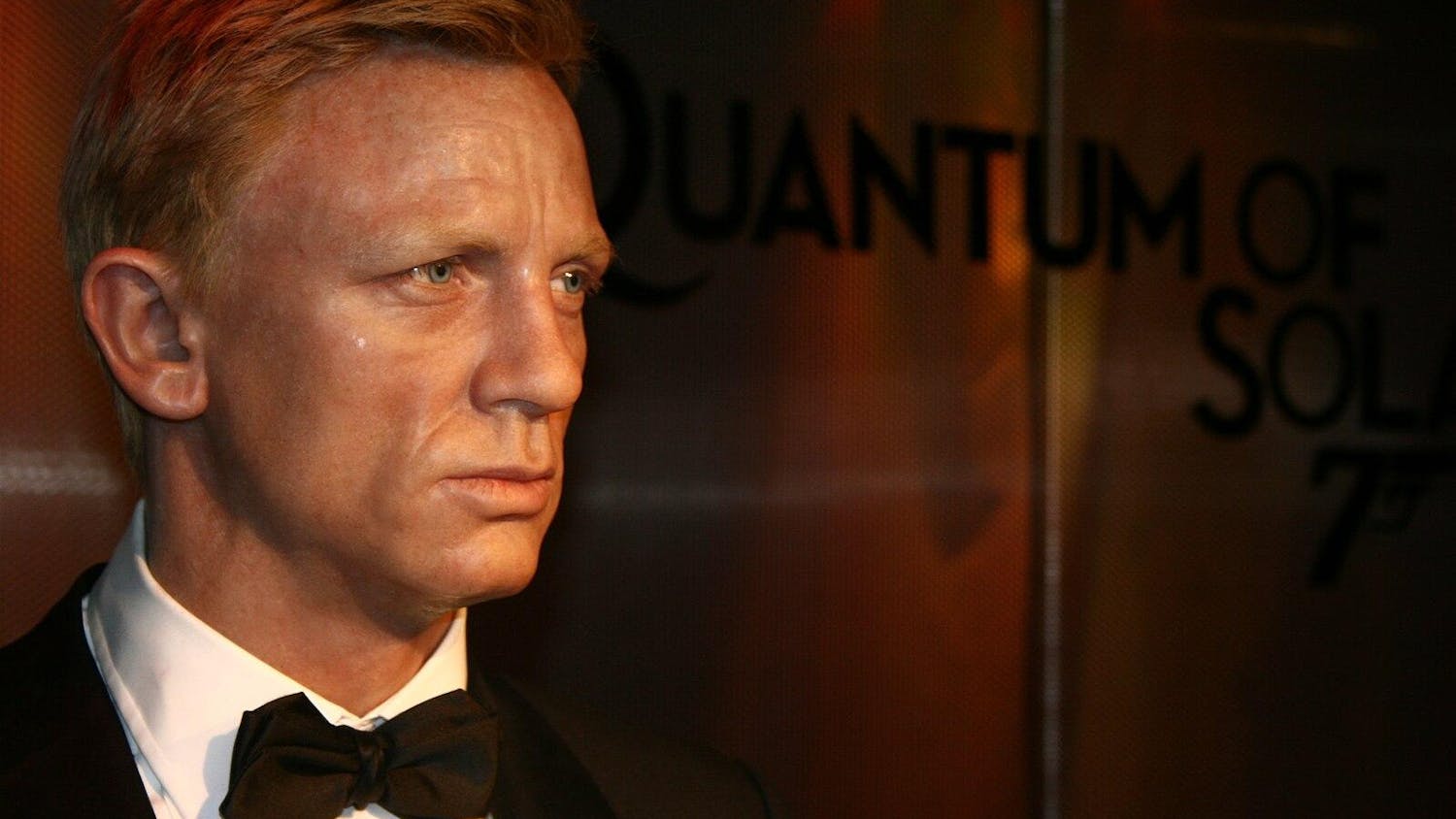Who ever said that the great American novel had to be a book?
What if it wasn't a book? What if it was a rap album? What if it was a sequel to a 14-year-old rap album? Keep that in mind.
The year was 1995, and Corey Woods, better known as Raekwon the Chef, a member of the Wu-Tang Clan, released his debut solo debut, "Only Built 4 Cuban Linx…" The album was met with near-unanimous critical and fan acclaim, and "Cuban Linx" went on to spend the next fourteen years being better than 99% of newer hip-hop albums. During this time Raekwon dropped hints about a follow-up to the album, and finally, in the second week of September, 2009, "Only Built 4 Cuban Linx… Pt. II" appeared on store shelves.
It's difficult to separate "Cuban Linx Pt. II" from the original "Cuban Linx," but it is important to do so for a few of reasons. Firstly, the original album was completely trail-blazing. "Cuban Linx" more or less created a new genre, Mafia-centric crime rap, now well worn with lazy, boring imitators. Also, everyone has already said something nice about "Cuban Linx," so it isn't really worth talking about anymore.
Which brings the current issue to hand: "Only Built 4 Cuban Linx… Pt. II."
The long and the short of it is that "Only Built 4 Cuban Linx… Pt. II" hits every mark. Over its 22 tracks, Raekwon and his star-studded group of guests (including every living Wu-Tang Clan member and a myriad other heavy hitters of hip-hop, from Busta Rhymes to Jadakiss) paint a terrifyingly bleak, though astonishingly vivid picture of ghetto life.
Everything is here and nothing is missing.
That said, the album is not perfect; there is some excess fat that could be trimmed. Some tracks don't feel quite right, mainly due to their production. The two tracks produced by the one and only RZA ("New Wu" and "Fat Lady Sings") feel right, as do the tracks that boast production by the likes of J. Dilla, Marley Marl and Icewater Productions.
In an odd twist, however, the beats contributed by the oft-revered Dr. Dre just don't fit: Dre is all about tight, clean, slowed down grooves, while the Wu-Tang hallmark has always been a dirty, grimy sound. It is like RZA's beats were found in an alley somewhere, behind a dumpster, a long time ago, and cleaned up for a second go around.
Lyrically, this is the best work anyone involved with this album has done in many years — not quite since the first "Cuban Linx," but certainly close. On "Black Mozart," one of the standout tracks, Raekwon spits, "The goodies in the brown bag / By the radiator near the cookies and the bundles of dope / Fishscalers, I live in elevators and gross / All this paper, profit maker lay there and post / Wit' them Adidas that Bruce wore, stay in a juice bar / All I know if you saw me you thought I was broke." In six lines he gives his audience everything they need to know. He pauses before the word "Adidas," as though in conversation, trying to remember Bruce's exact shoes. Suddenly, when Raekwon remembers, so do we.
On "Broken Safety," one of the more boastful, less theatrical hip hop tracks, featured guest Jadakiss raps, "F--k saving hip-hop, we bringin' the streets back." While Jadakiss isn't a Wu-Tang member, he certainly speaks for all of them.
In the unlikely situation that no one raps about cocaine ever again (except Ghostface Killah who raps on a majority of these tracks, and, as long as his wit stays this sharp, can rap about cocaine for as long as he wants), or about being a Mafia don, or life in the projects ever again, it won't matter. Raekwon started this particular game, and, if he wanted to, he could end it.
The album draws to a close with a riotous toast at the beginning of "Kiss the Ring," a song that samples Elton John's "Goodbye Yellow Brick Road" and supplants Raekwon to the position of Don Corleone, only bigger. "Kiss the Ring" demands that all pay respect to Raekwon, and few listeners could refuse.
Most listeners have never been to, let alone lived in, the projects. Few movies have been made, and almost no books, which capture as fully the terrifying, the mundane and the regrettable state of the American ghetto as this album.
According to one definition, "The Great American Novel" is the holy grail of American writers: a story that fully, and faithfully, represents a time and a place in American life. If read rather than heard, the lyrics to Raekwon's "Only Built 4 Cuban Linx… Pt. II" might be heralded as an astonishingly postmodern stream of conscious crime narrative, possibly a contender for a "great American novel." Instead, though, it's a rap album and likely to be only considered as such.
"Only Built 4 Cuban Linx… Pt. II" isn't just a must hear; it should be required reading.
Who ever said that the great American novel had to be a book?





